 From Here to Oscar night. 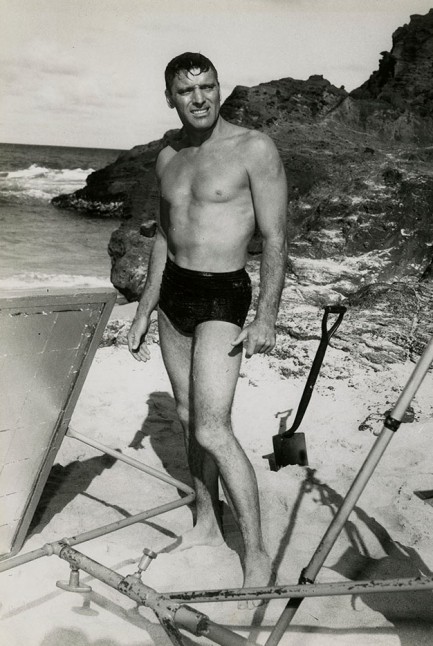
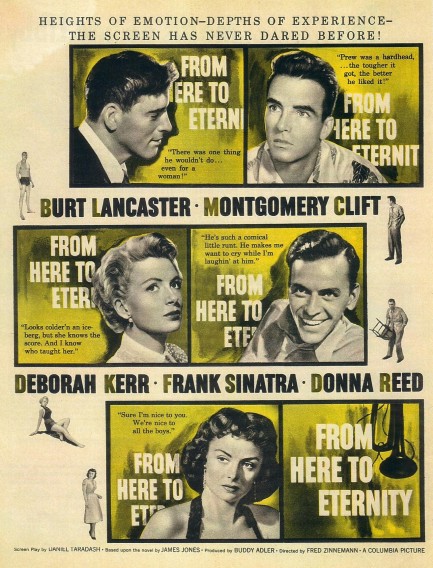 American actor Burt Lancaster posed for the promo photo you see above when he was filming the World War II drama From Here to Eternity in the Hawaiian Islands in 1953. The movie, based on James Jones' novel, was one of the highest grossing productions of the 1950s, and film noir vet Lancaster in the lead as Sergeant Warden was a prime reason why. The movie also starred Montgomery Clift, Deborah Kerr, Donna Reed, Frank Sinatra, and Ernest Borgnine, making for a supremely talented cast. In the end From Here to Eternity scored thirteen Academy Award nominations and won eight, including Best Picture. American actor Burt Lancaster posed for the promo photo you see above when he was filming the World War II drama From Here to Eternity in the Hawaiian Islands in 1953. The movie, based on James Jones' novel, was one of the highest grossing productions of the 1950s, and film noir vet Lancaster in the lead as Sergeant Warden was a prime reason why. The movie also starred Montgomery Clift, Deborah Kerr, Donna Reed, Frank Sinatra, and Ernest Borgnine, making for a supremely talented cast. In the end From Here to Eternity scored thirteen Academy Award nominations and won eight, including Best Picture.
 Mitchum finds himself second to nun. 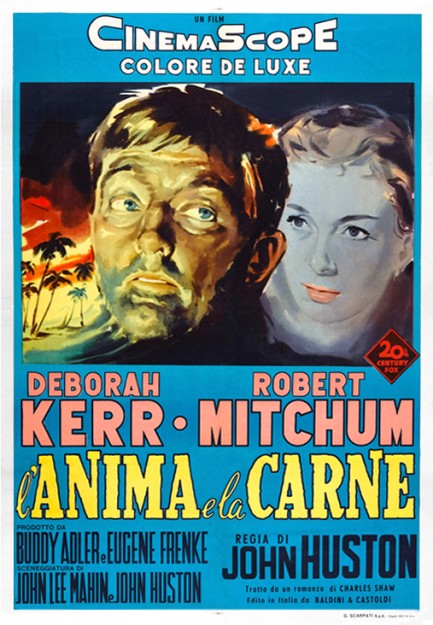
Above is an Italian poster for the World War II drama L’anima e la carne, which would translate as “the soul and the flesh,” but was better known as Heaven Knows, Mr. Allison. It was directed by John Huston, who was one of the greats and the man behind what many consider the first film noir The Maltese Falcon, but he wasn’t a strong stylist. He looked at himself as more of a technician, and often took on projects merely because they offered an opportunity for travel. He shot Heaven Knows, Mr. Allison, with Robert Mitchum and Deborah Kerr, in Trinidad and Tobago, and it’s an African Queen-like tale of a marine marooned on a Pacific island with a nun, and the romantic feelings that develop. The movie did well at the box office, but while there’s plenty of entertaining action, the romantic aspects are generally tepid. When a man and woman are marooned together, possibly for life, we accept that thoughts of romance can develop, but it would have been nice if there were some other reason for it to happen than the fact they’re—for all intents and purposes—the last people on Earth. Mitchum loves Kerr, but she’s not funny, or charming, or unusual in any respect. She’s just there, behaving exactly as you’d expect 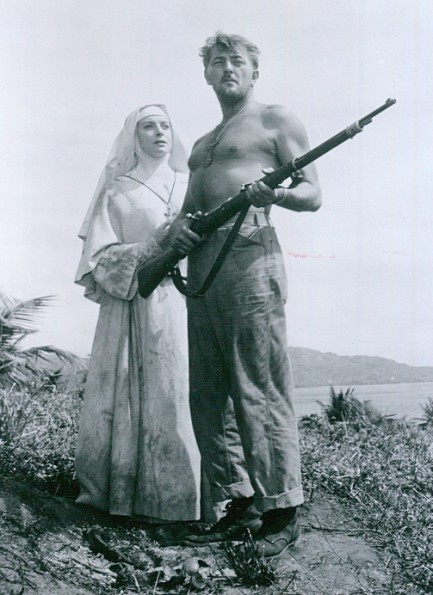 a real nun to behave. If she had a spark that lit Mitchum’s flame we’d have liked the film a lot more. The romance angle is a red herring anyway—Mitchum’s Corporal Allison has zero chance to woo Kerr’s Sister Angela, and considering the lack of heat between the characters, it’s probably for the better. a real nun to behave. If she had a spark that lit Mitchum’s flame we’d have liked the film a lot more. The romance angle is a red herring anyway—Mitchum’s Corporal Allison has zero chance to woo Kerr’s Sister Angela, and considering the lack of heat between the characters, it’s probably for the better. As an aside, the movie has a terrible title, don’t you think? Not that it matters in terms of the final product, but you’d never think a film called Heaven Knows, Mr. Allison features two stranded Americans dealing with serious hunger, nearly drowning, and generally being put through a wringer reminiscent of Naked and Afraid (but without the naked). Later they dodge Japanese troops, almost get bombed, and barely escape being blasted by a grenade. The title came from Charles Shaw’s novel, but it should have been changed. We can thank the movie for one thing, though—it made Mitchum fall in love with Trinidad and Tobago’s calypso, and led directly to him releasing an album of the music. 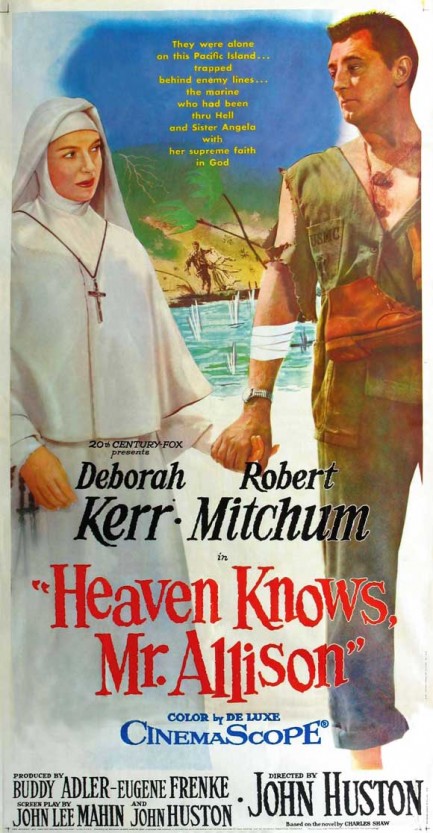
|
 |

The headlines that mattered yesteryear.
1945—Mussolini Is Arrested
Italian dictator Benito Mussolini, his mistress Clara Petacci, and fifteen supporters are arrested by Italian partisans in Dongo, Italy while attempting to escape the region in the wake of the collapse of Mussolini's fascist government. The next day, Mussolini and his mistress are both executed, along with most of the members of their group. Their bodies are then trucked to Milan where they are hung upside down on meathooks from the roof of a gas station, then spat upon and stoned until they are unrecognizable. 1933—The Gestapo Is Formed
The Geheime Staatspolizei, aka Gestapo, the official secret police force of Nazi Germany, is established. It begins under the administration of SS leader Heinrich Himmler in his position as Chief of German Police, but by 1939 is administered by the Reichssicherheitshauptamt, or Reich Main Security Office, and is a feared entity in every corner of Germany and beyond. 1937—Guernica Is Bombed
In Spain during the Spanish Civil War, the Basque town of Guernica is bombed by the German Luftwaffe, resulting in widespread destruction and casualties. The Basque government reports 1,654 people killed, while later research suggests far fewer deaths, but regardless, Guernica is viewed as an example of terror bombing and other countries learn that Nazi Germany is committed to that tactic. The bombing also becomes inspiration for Pablo Picasso, resulting in a protest painting that is not only his most famous work, but one the most important pieces of art ever produced. 1939—Batman Debuts
In Detective Comics #27, DC Comics publishes its second major superhero, Batman, who becomes one of the most popular comic book characters of all time, and then a popular camp television series starring Adam West, and lastly a multi-million dollar movie franchise starring Michael Keaton, then George Clooney, and finally Christian Bale. 1953—Crick and Watson Publish DNA Results
British scientists James D Watson and Francis Crick publish an article detailing their discovery of the existence and structure of deoxyribonucleic acid, or DNA, in Nature magazine. Their findings answer one of the oldest and most fundamental questions of biology, that of how living things reproduce themselves.
|

|
|

It's easy. We have an uploader that makes it a snap. Use it to submit your art, text, header, and subhead. Your post can be funny, serious, or anything in between, as long as it's vintage pulp. You'll get a byline and experience the fleeting pride of free authorship. We'll edit your post for typos, but the rest is up to you. Click here to give us your best shot.

|
|


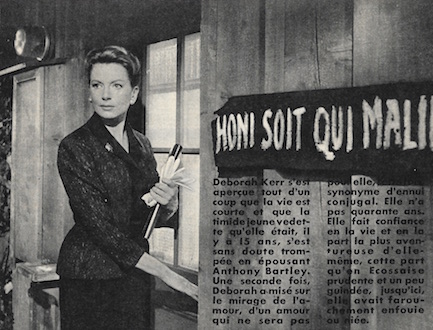
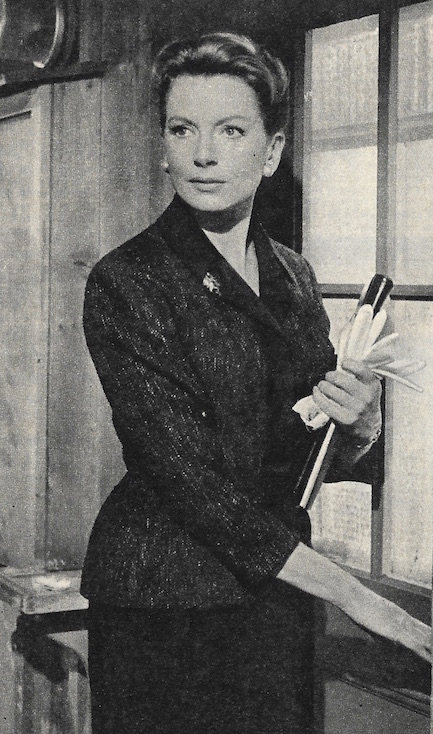
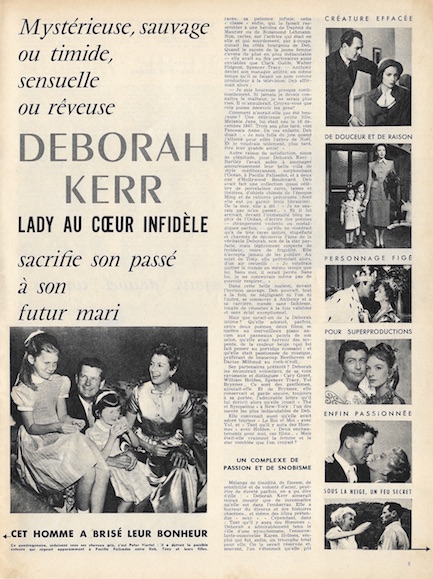

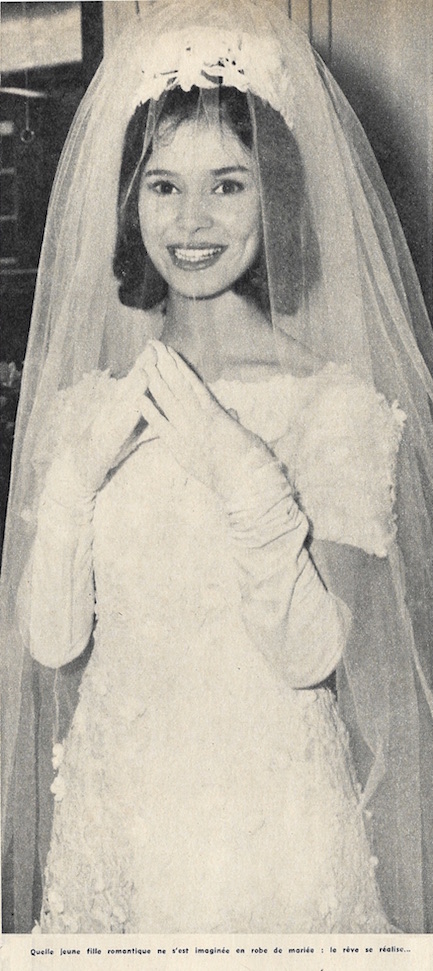
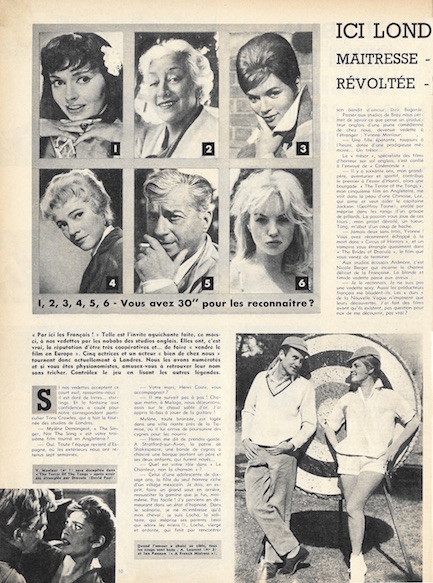
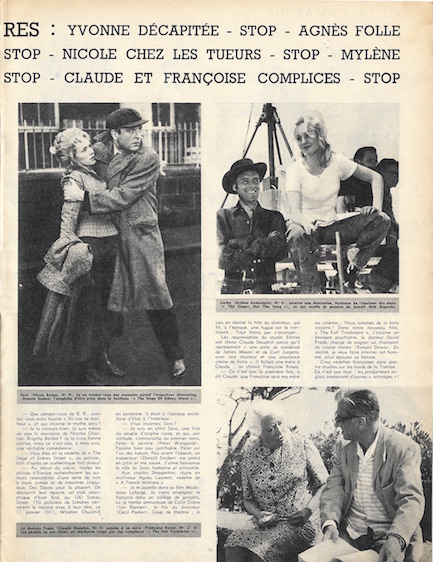
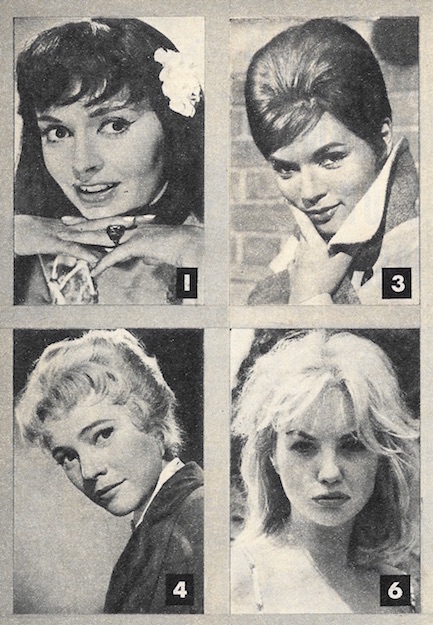
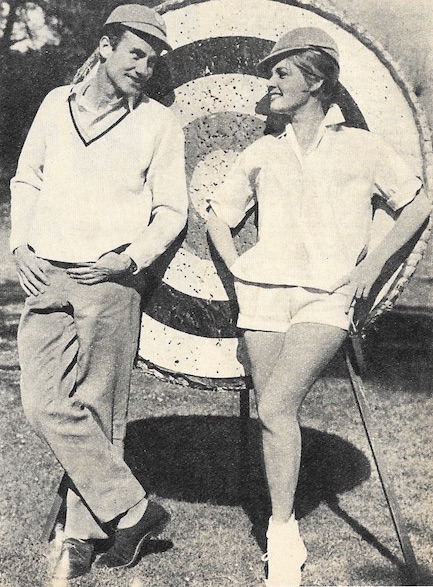
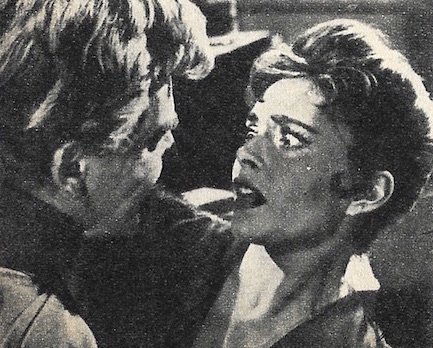

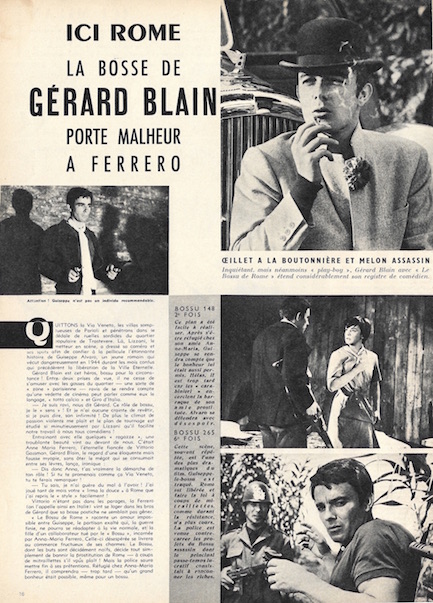
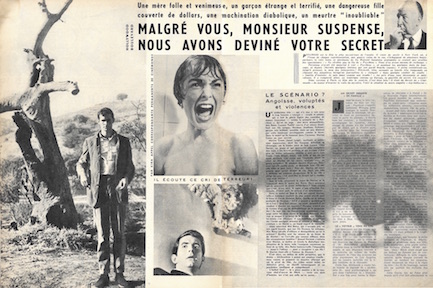
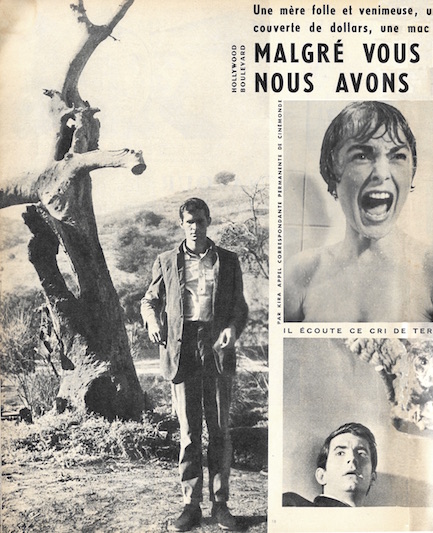
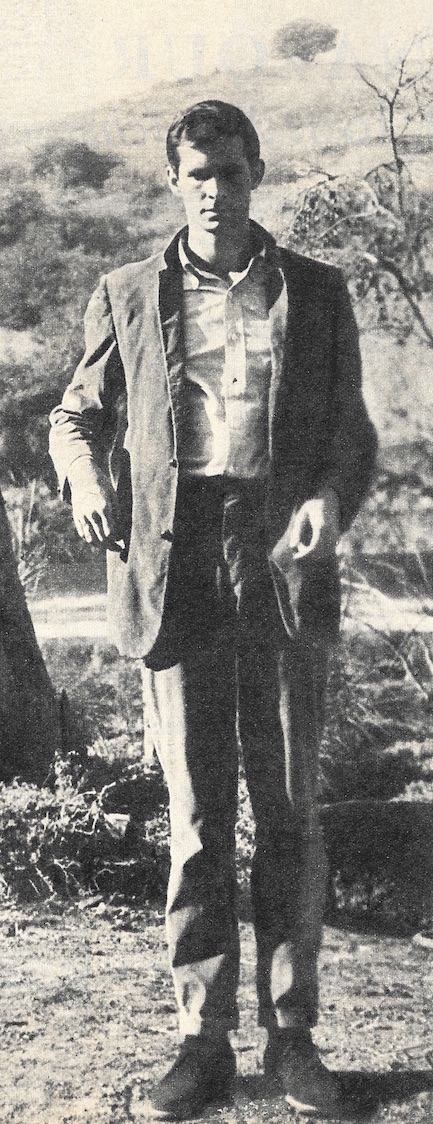
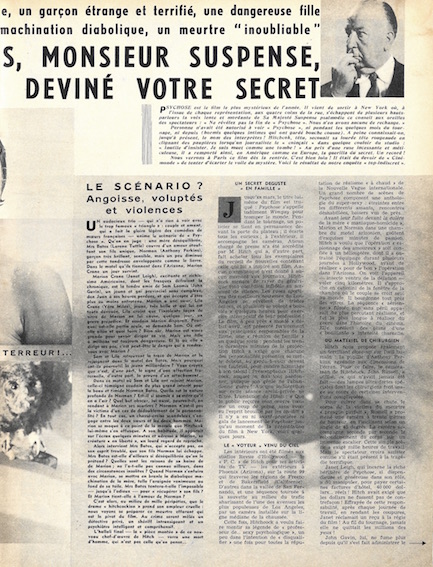

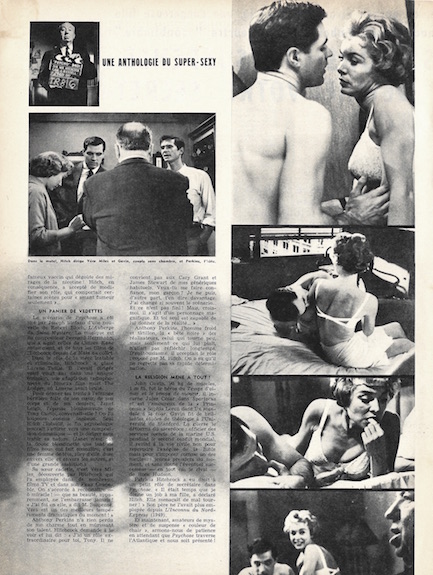
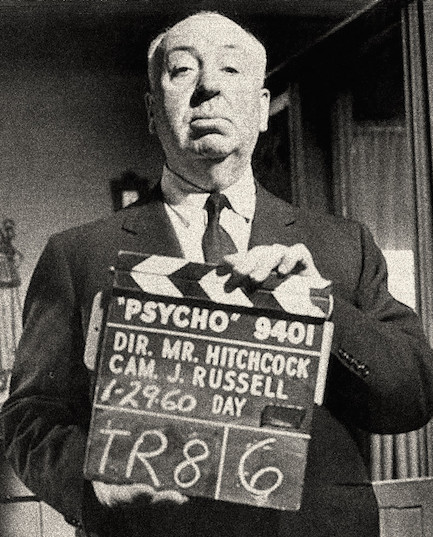

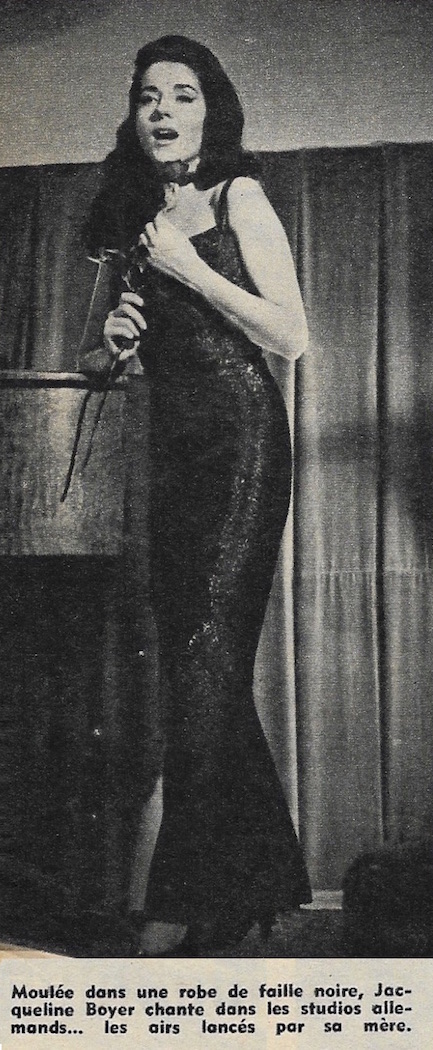
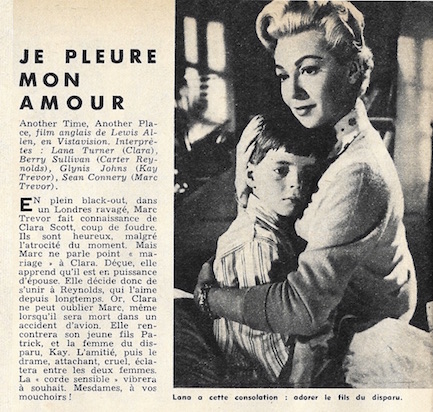


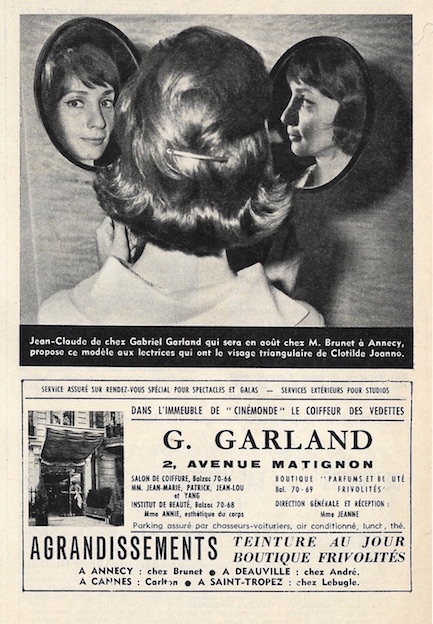
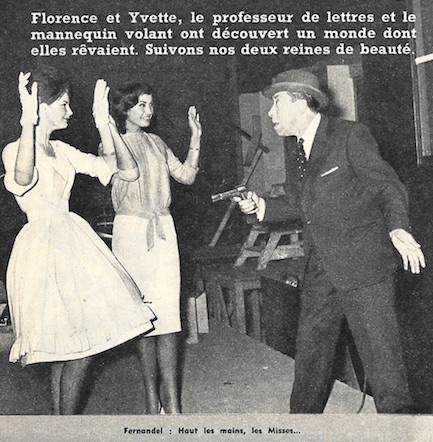
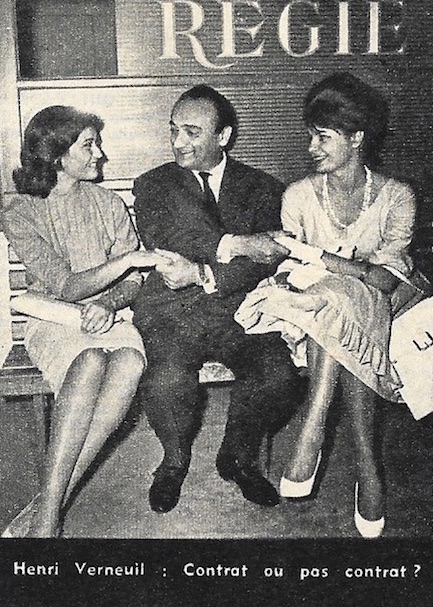
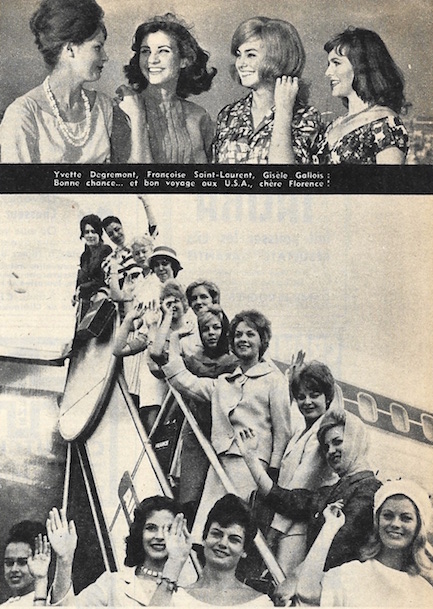
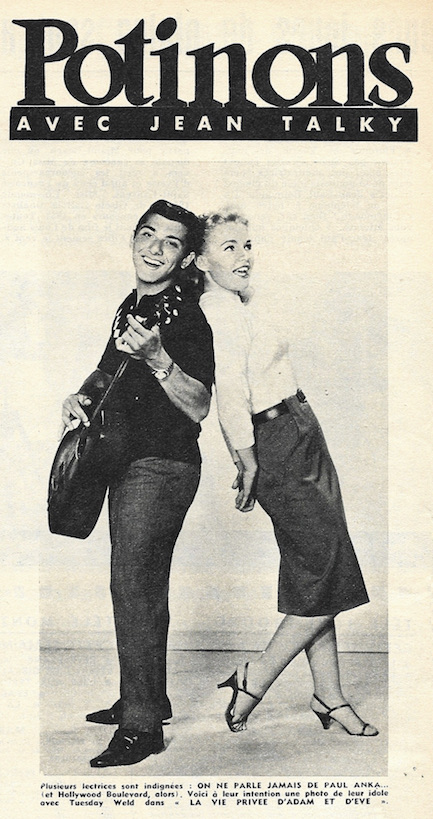
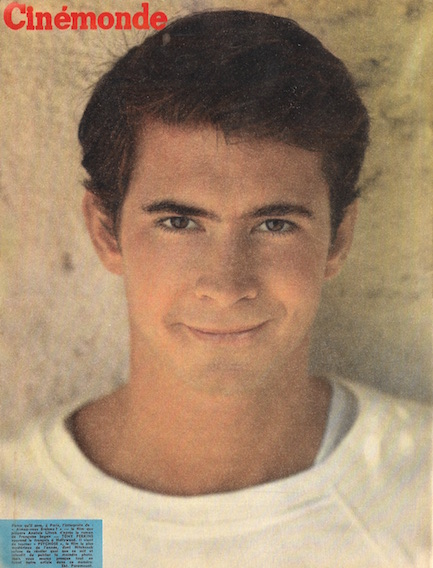


 American actor Burt Lancaster posed for the promo photo you see above when he was filming the World War II drama From Here to Eternity in the Hawaiian Islands in 1953. The movie, based on James Jones' novel, was one of the highest grossing productions of the 1950s, and film noir vet Lancaster in the lead as Sergeant Warden was a prime reason why. The movie also starred Montgomery Clift, Deborah Kerr, Donna Reed, Frank Sinatra, and Ernest Borgnine, making for a supremely talented cast. In the end From Here to Eternity scored thirteen Academy Award nominations and won eight, including Best Picture.
American actor Burt Lancaster posed for the promo photo you see above when he was filming the World War II drama From Here to Eternity in the Hawaiian Islands in 1953. The movie, based on James Jones' novel, was one of the highest grossing productions of the 1950s, and film noir vet Lancaster in the lead as Sergeant Warden was a prime reason why. The movie also starred Montgomery Clift, Deborah Kerr, Donna Reed, Frank Sinatra, and Ernest Borgnine, making for a supremely talented cast. In the end From Here to Eternity scored thirteen Academy Award nominations and won eight, including Best Picture. 

 a real nun to behave. If she had a spark that lit Mitchum’s flame we’d have liked the film a lot more. The romance angle is a red herring anyway—Mitchum’s Corporal Allison has zero chance to woo Kerr’s Sister Angela, and considering the lack of heat between the characters, it’s probably for the better.
a real nun to behave. If she had a spark that lit Mitchum’s flame we’d have liked the film a lot more. The romance angle is a red herring anyway—Mitchum’s Corporal Allison has zero chance to woo Kerr’s Sister Angela, and considering the lack of heat between the characters, it’s probably for the better.




































































